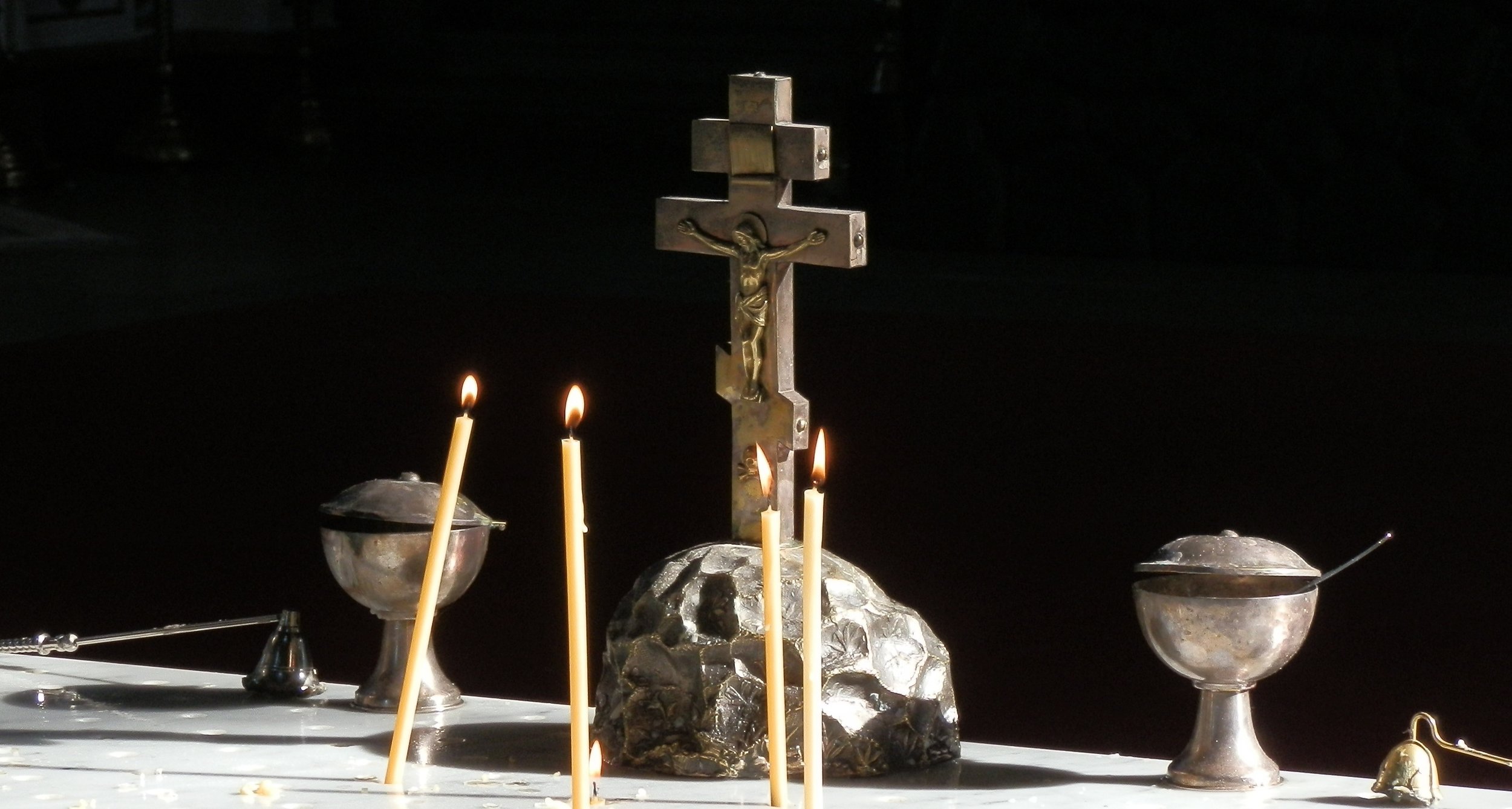Healing Atonement
Lactantius of Rome (c.250 - c.325 AD)
An old clay oil lamp from Nazareth, Israel. Photo credit: Olivia Armstrong.
Messages and Essays on Lactantius of Rome
Penal Substitution vs. Medical Substitution: A Historical Comparison
An analysis of the atonement theology ("medical substitution") of early church theologians, including Ignatius of Antioch, Irenaeus of Lyons, the Odes of Solomon, Justin Martyr of Rome, Melito of Sardis, Tertullian of Carthage, Methodius of Olympus, Athanasius of Alexandria (paper in progress to include later theologians, bishops, and councils)
The Writings of Lactantius of Rome
Lactantius of Rome, Divine Institutes, book 4, chapter 24 writes,
“For if he be subject to no passion, a man may thus answer him who is the teacher: It is my wish not to sin, but I am overpowered; for I am clothed with frail and weak flesh: it is this which covets, which is angry, which fears pain and death. And thus I am led on against my will; and I sin, not because it is my wish, but because I am compelled. I myself perceive that I sin; but the necessity imposed by my frailty, which I am unable to resist, impels me. What will that teacher of righteousness say in reply to these things? How will he refute and convict a man who shall allege the frailty of the flesh as an excuse for his faults, unless he himself also shall be clothed with flesh, so that he may show that even the flesh is capable of virtue? For obstinacy cannot be refuted except by example. For the things which you teach cannot have any weight unless you shall be the first to practice them; because the nature of men is inclined to faults, and wishes to sin not only with indulgence, but also with a reasonable plea. It is befitting that a master and teacher of virtue should most closely resemble man, that by overpowering sin he may teach man that sin may be overpowered by him… A teacher of virtue therefore ought to have taken away this excuse from men, that no one may ascribe it to necessity that he sins, rather than to his own fault. Therefore, that a teacher may be perfect, no objection ought to be brought forward by him who is to be taught, so that if he should happen to say, You enjoin impossibilities; the teacher may answer, See, I myself do them. But I am clothed with flesh, and it is the property of flesh to sin. I too bear the same flesh, and yet sin does not bear rule in me.”
Sources of Atonement Theology
These resources explore the foundation of “Medical Substitution” as the best understanding of the Bible, and the original understanding of the church. There are also links to books, web articles, etc. from representatives of the three broad Christian traditions.





